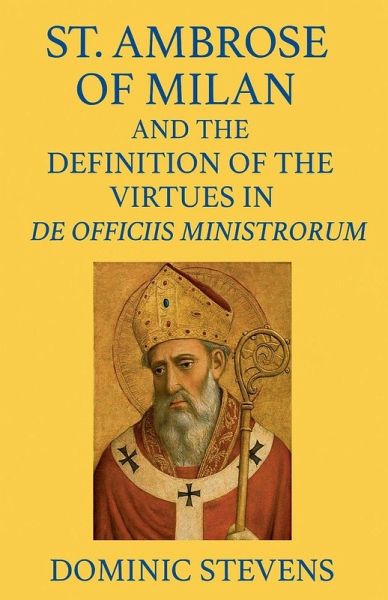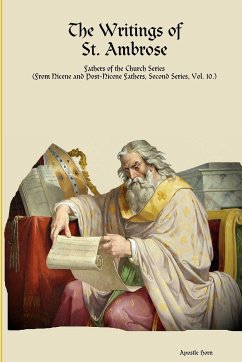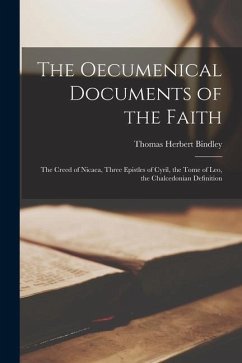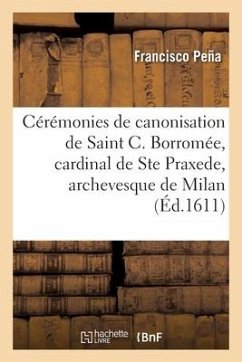
St. Ambrose of Milan and the Definition of the Virtues in De Officiis Ministrorum
Versandkostenfrei!
Versandfertig in 1-2 Wochen
17,99 €
inkl. MwSt.

PAYBACK Punkte
9 °P sammeln!
In the twilight of the Roman Empire, as Christianity transformed from persecuted sect to imperial religion, one man stood at the crossroads of classical wisdom and Christian faith. Ambrose of Milan-the reluctant bishop who confronted emperors, defended orthodoxy, and mentored Augustine-created a revolutionary ethical framework that would shape Western moral thought for over a millennium. This groundbreaking study explores how Ambrose's masterwork, De Officiis Ministrorum, radically transformed Cicero's classical virtue ethics into a distinctively Christian vision of the moral life. Once the co...
In the twilight of the Roman Empire, as Christianity transformed from persecuted sect to imperial religion, one man stood at the crossroads of classical wisdom and Christian faith. Ambrose of Milan-the reluctant bishop who confronted emperors, defended orthodoxy, and mentored Augustine-created a revolutionary ethical framework that would shape Western moral thought for over a millennium. This groundbreaking study explores how Ambrose's masterwork, De Officiis Ministrorum, radically transformed Cicero's classical virtue ethics into a distinctively Christian vision of the moral life. Once the consummate Roman governor, Ambrose brought his political acumen and rhetorical brilliance to bear on the pressing question: how should Christians engage with classical culture while remaining faithful to their religious convictions? Through meticulous analysis of primary sources, this book reveals how Ambrose reinvented the cardinal virtues-prudence, justice, fortitude, and temperance-by infusing them with biblical wisdom and theological depth. Readers will discover how he replaced Roman historical exemplars with biblical heroes, substituted eternal rewards for worldly honor, and elevated service to God and neighbor above all earthly pursuits. His confrontations with powerful emperors, radical teachings on wealth and poverty, and revolutionary vision of female sanctity all emerge from this coherent ethical vision. Beyond historical investigation, this work demonstrates Ambrose's striking relevance for contemporary issues. His integration of classical learning with Christian conviction offers wisdom for navigating today's cultural divides. His teachings on environmental stewardship, economic justice, and political responsibility speak directly to our modern crises. His balanced approach to moral formation provides resources for ethical reflection across religious and secular boundaries. Written for scholars and general readers alike, this accessible yet rigorous study illuminates one of history's pivotal moments when ancient wisdom met Christian revelation-and both were forever transformed. In Ambrose's ethical vision, we find not mere academic history but living wisdom for our fragmented age-a vision of virtue that still challenges and inspires after sixteen centuries.












